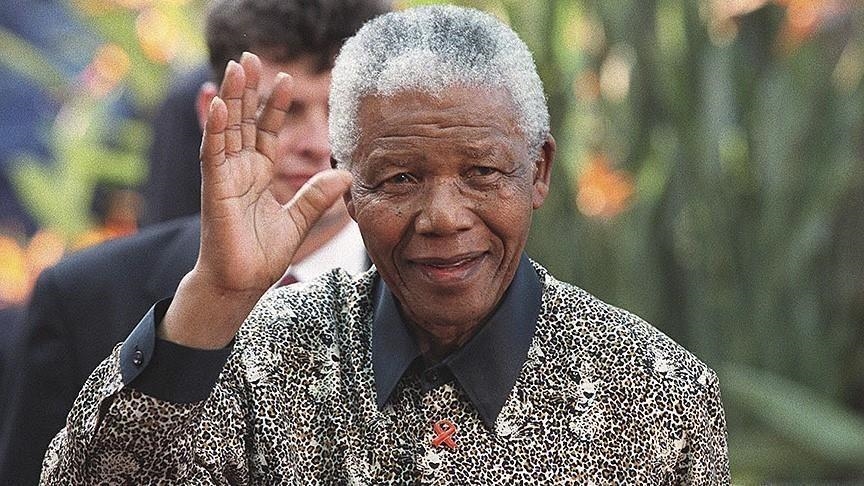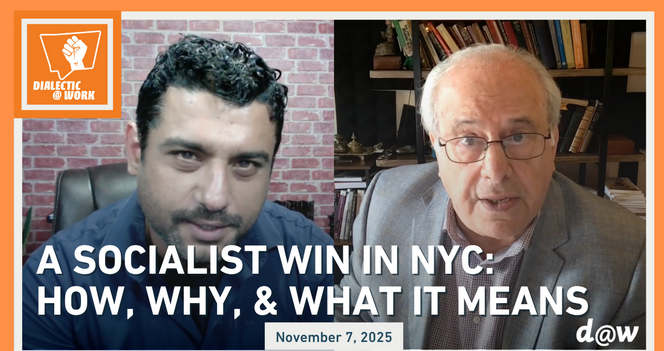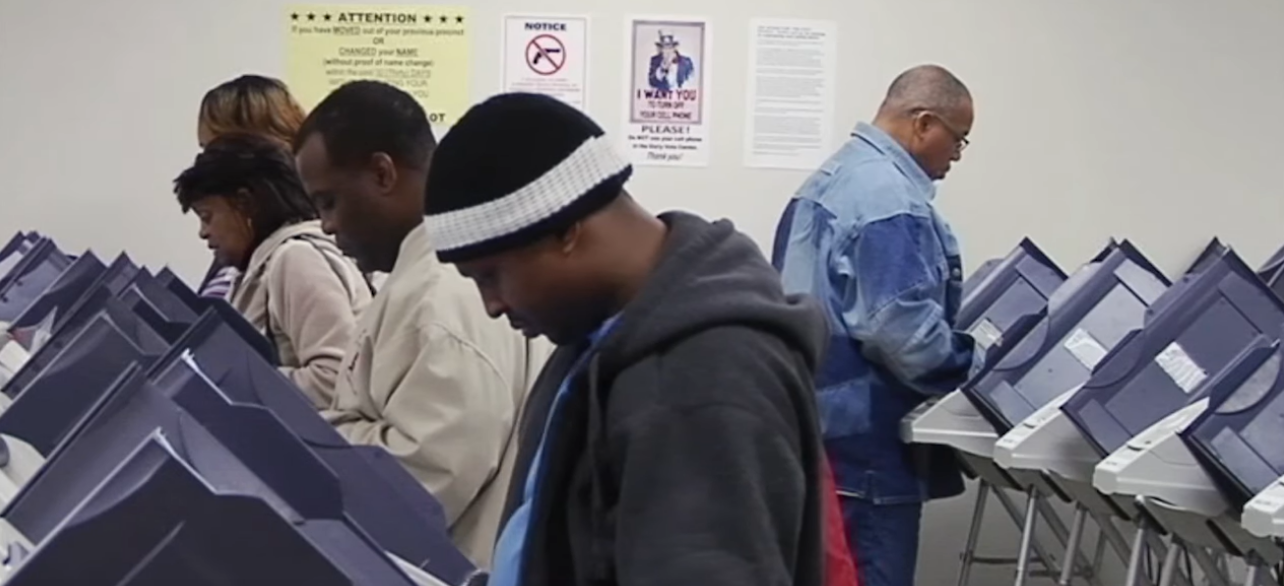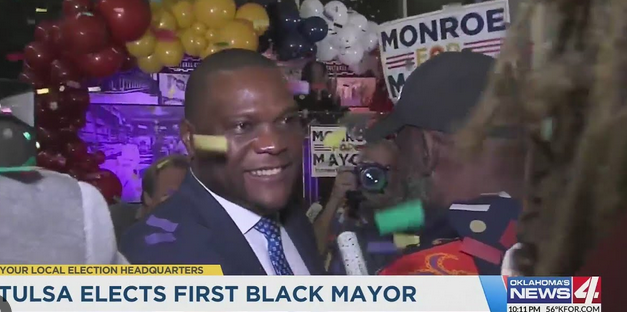History has recorded many fearless leaders who have spearheaded the struggle for freedom and justice among black communities around the globe. The freedom fighters had to wrestle with various challenges, and some paid with their lives just to see justice done. Here is a rundown of some of the most famous Black freedom fighters whose memories still awaken many.
Harriet Tubman – The Underground “Conductor”
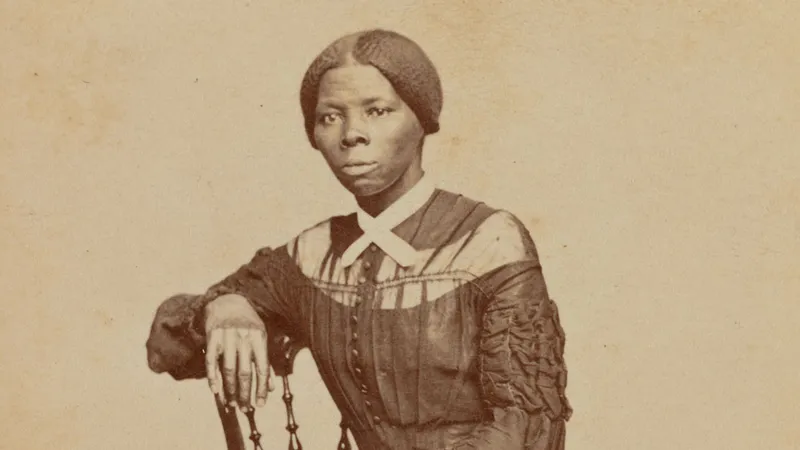
Harriet Tubman is probably one of the most iconic figures in American history, known for her work as a conductor on the Underground Railroad. Harriet Tubman was born into a slave family in Maryland in 1822. She made an escape to freedom in the year 1849. In another decade, she had gone back to the South more than nineteen times and led over 300 people to freedom.
She carried a gun, both to protect herself and those she was helping and to discourage any of the escaping slaves who might consider turning back, knowing that the risk of betrayal was too significant.
Many times, visions or dreams that she believed to be from God enabled Tubman to avoid capture. Since Tubman would later serve as both a spy for the Union Army during the Civil War and an advocate for women’s suffrage, she became a valid symbol of liberation.
Nelson Mandela: Icon of Desire and Resilience
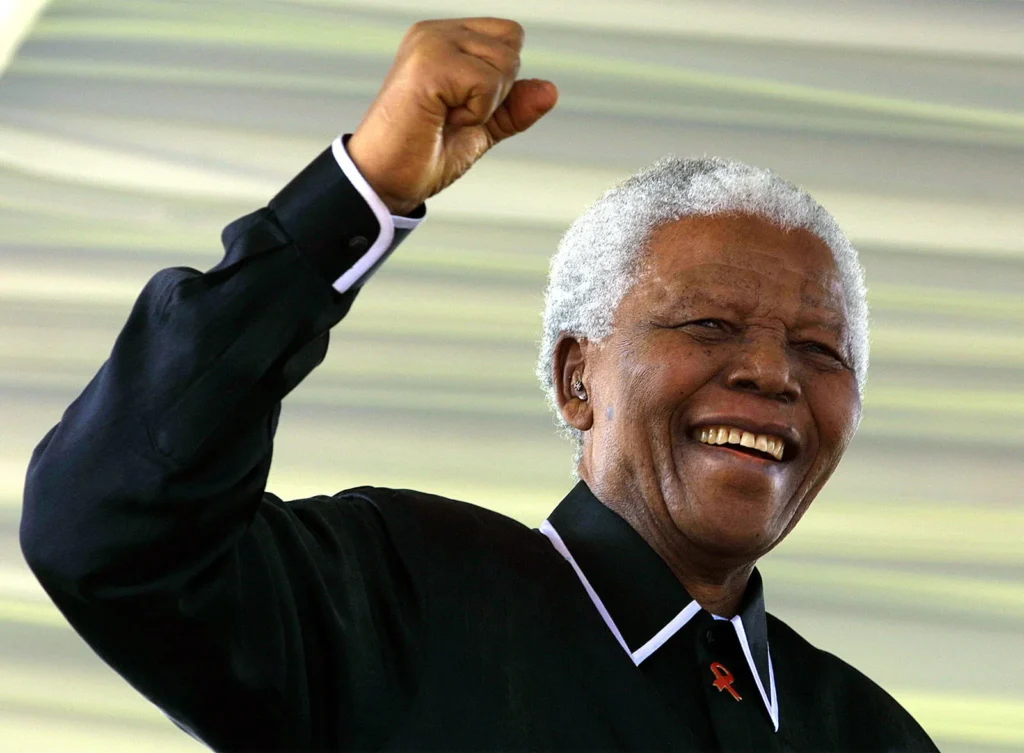
Born in 1918 in the small village of Mvezo in South Africa, Nelson Mandela turned out to be a champion parent in fighting against apartheid, which has been a harsh regime of racial segregation upholding the minority whites at the cost of its black majority. Mandela’s activism began in his 20s when he joined the African National Congress. It was because of his strong commitment to freedom’s cause that he rose up the ranks very fast and became one of the ANC’s strong voices.
In 1962, Mandela’s activism caused his arrest, and consequently, he was condemned to life imprisonment for conspiracy to topple the apartheid government. He spent 27 years behind bars—most of it on Robben Island—under harsh conditions, with grueling hard labor. Yet, Mandela’s spirit did not get quenched, and he went directly to emerge as the lasting photograph of resistance. His words epitomize the ideal vision of society that he had in mind: “i’ve fought against white domination, and i’ve fought against Black domination. i have cherished the right of an open and free society in which all people live together in harmony and with equal opportunities,” a just world—one he was ready to die for.
Nelson Mandela’s release in 1990 marked a new beginning for South Africa. Four years later, in 1994, he became the first Black president of that country when it held its first democratic elections. He brought his country together, healing the deep racial rift that had long been a part of that country’s life. Hence, he became known as the “Father of a nation.”
Malcolm X – Champion of Black Empowerment
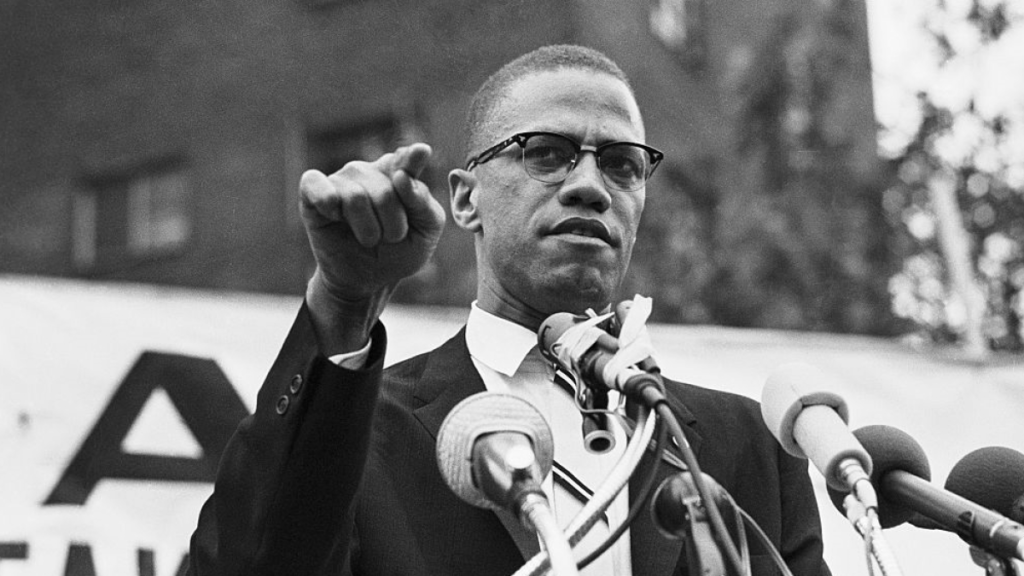
Malcolm Little, born in 1925, became one of the most powerful and influential American civil rights movement leaders. He became famous not only for his strong belief in Black empowerment but also for pointedly criticizing the nonviolent approach followed by many other prominent leaders like Martin Luther King Jr. His childhood became marked with acts of racism: his circle of relatives residences burned down, and his father was brutally murdered by white supremacists. These occasions touched Malcolm’s belief in racial injustice.
In jail for housebreaking, Malcolm became a Muslim. He took up the surname “X” to reflect the loss of identity, striping it of slavery. Malcolm was a rising star celebrity within the nation of Islam; he became a charismatic preacher of Black pride and self-reliance. Malcolm’s message was that blacks should renounce any belief of inferiority imposed by white society and emphasize their cultural and historical past.
It was only after he had made a life-transforming pilgrimage to Mecca in 1964 that Malcolm began to alter his views. He embraced a more universal civil rights struggle, reaching out across racial lines. Tragically, he was assassinated in 1965. Still, his legacy as a fighter for justice and equality continues to inspire.
Sojourner Truth – The Voice of Freedom and Equality
Sojourner Truth was born Isabella Baumfree in New York circa 1797. She would become one of the powerful voices for the abolition of slavery and women’s rights in the nineteenth century. She took the name Sojourner Truth after her 1826 escape from slavery to refer to her mission of telling people the truth about the atrocities of slavery.
The speeches of reality, combining the private narrative, biblical allusions, and biting wit, made her an unforgettable speaker. Her most famous speech is probably “Ain’t I a woman?” delivered at the Ohio Women’s Rights Convention in 1851: “I have plowed and planted and gathered into barns, and no man could head me! And ain’t I a woman?”
Like her, her words deeply reverberated with the confluence of race and gender in the struggle for justice. Sojourner’s fact endured till she died in 1883 to be one of the tireless advocates for equality. She left in the back of her a legacy of courage and conviction.
Frederick Douglass – The Orator for Emancipation
Frederick Douglass was born a slave in Maryland in 1818, although he became one of the most prominent, influential abolitionists and same-rights advocates in American records. Although the legal stipulations strictly forbade teaching reading and writing to any slave, Douglass taught himself to read and write. He ultimately made his way to freedom in 1838.
His 1845 autobiography, “Narrative of the Lives of Frederick Douglass, an American Slave,” has become one of the cornerstones of abolitionist literature; in it, he sets in painful pointillism a first-person account of the brutality of slavery. He held various government offices after the Civil War and remained an avid civil rights worker until his death in 1895, always making marks on American history.
